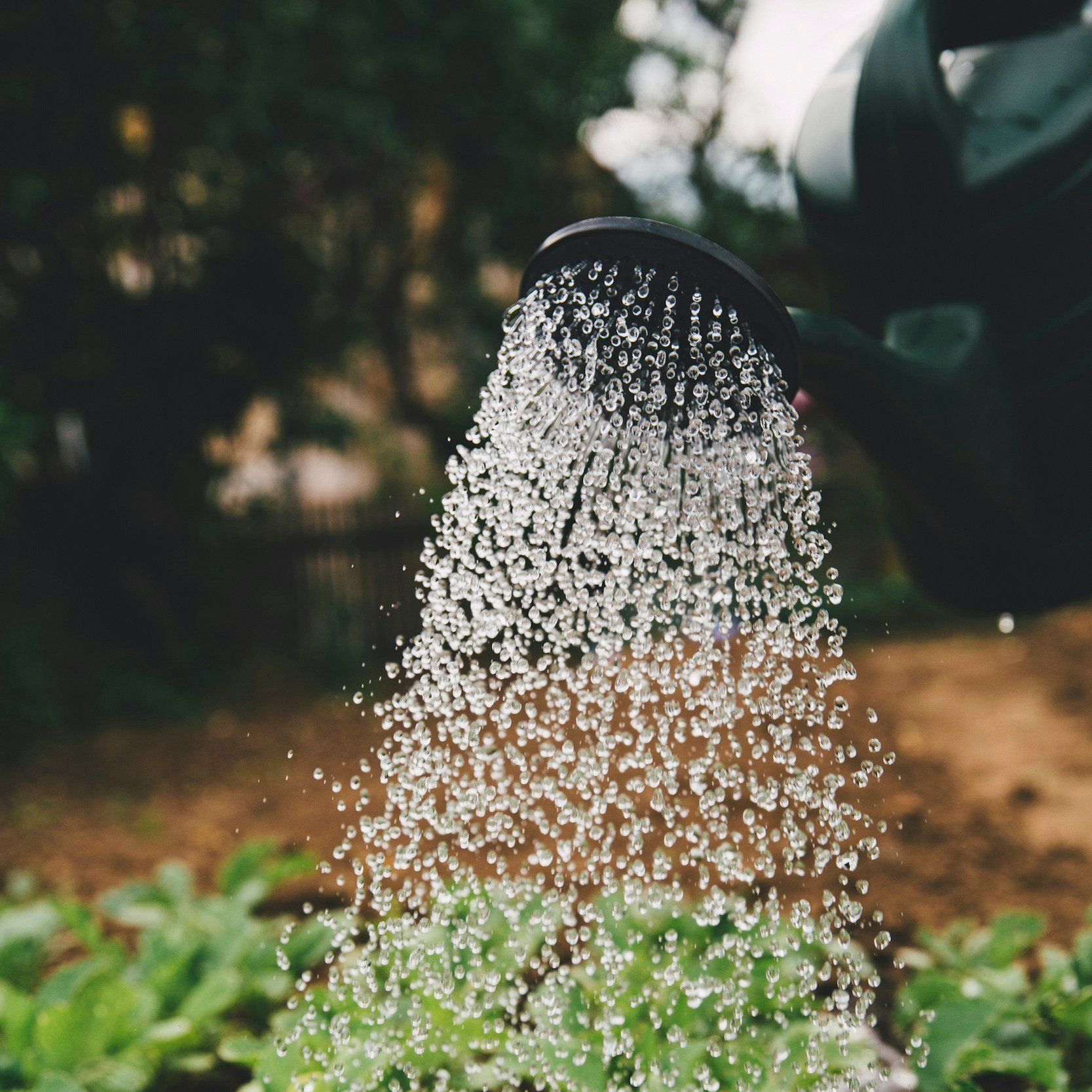Protecting a Water Pump: Maintenance Tips for Year-Round Function
Water pumps are crucial in various applications, from residential water supply to industrial irrigation systems.
Water pumps are crucial in various applications, from residential water supply to industrial irrigation systems. Proper maintenance of these essential devices can significantly extend their lifespan and prevent unexpected breakdowns. Following simple guidelines, owners can keep their water pumps operating efficiently throughout the year, regardless of the season or weather conditions.
Regular Inspection and Cleaning
One of the most important aspects of water pump maintenance is regular inspection and cleaning. Debris, sediment, and mineral buildup can accumulate over time, affecting the pump's performance and potentially damaging its components. A thorough visual inspection should be run at least once a month, with special attention paid to the intake screen, impeller, and discharge pipe.
It's advisable to check the well casing for any signs of damage or contamination for water well pumps. The area around the wellhead should be kept clear of debris and potential pollutants. In the case of water feature pumps, regular filter cleaning and removal of algae or plant matter can prevent clogging and maintain optimal water flow.
Winterization Procedures
Winterization is a critical step in protecting water pumps from freeze damage in colder climates. Draining all water from the pump and pipes is essential for outdoor pumps, such as those used in irrigation systems or water features. Disconnecting and storing the pump indoors provides additional protection against harsh winter conditions.
For well pumps located in unheated areas, insulation of the pump house and heat tape application on exposed pipes can help prevent freezing. It's also important to check that the well cap is secure and appropriately sealed to prevent cold air from entering the well casing.
Lubrication and Bearing Maintenance
Many water pumps rely on bearings and other moving parts that require regular lubrication. Consult the manufacturer's guidelines for the appropriate type and frequency of lubrication. Proper lubrication is particularly crucial for transfer pumps and industrial irrigation pumps, which often operate under heavy loads, to prevent premature wear and extend the pump's operational life.
It's essential to avoid over-greasing when lubricating, as this can lead to overheating and potential seal damage. Clean any excess grease and check for signs of wear or unusual noise during operation.
Electrical System Checks
The electrical components of water pumps are susceptible to wear and environmental factors. Regular inspection of wiring, connections, and control panels can prevent electrical failures and potential safety hazards. Look for examples of corrosion, loose connections, or damaged insulation. In areas prone to power fluctuations, installing surge protectors can safeguard the pump's electrical system.
For submersible well pumps, checking the integrity of the electrical cable from the pump to the control box is crucial. Any indication of damage or wear should be addressed promptly to avoid water infiltration and electrical shorts.
Performance Monitoring
Keeping track of a water pump's performance can help find potential concerns before they escalate into major problems. Monitoring factors such as water pressure, flow rate, and energy consumption can give valuable insights into the pump's efficiency and overall health.
For water well pumps, a sudden decrease in water pressure or flow rate might indicate a problem with the pump or well itself. In industrial settings, unexpected changes in energy consumption could signal inefficiencies or impending failures in the pumping system.
Professional Maintenance and Repairs
While owners can handle many aspects of water pump maintenance, some tasks are best left to professionals. Yearly servicing by a qualified technician can help identify and address problems that might be overlooked during routine inspections. Professional expertise is often necessary for complex systems like industrial irrigation pumps or deep well installations to maintain optimal performance and compliance with local regulations.
It's important to use high-quality replacement parts that meet the manufacturer's specifications when repairs are needed. Attempting DIY repairs on complex pump systems can often lead to more significant problems and potentially void warranties.
Upgrading and Modernization
As water pump technology advances, upgrading or modernizing older systems can improve efficiency and reliability. Variable frequency drives (VFDs), for example, can significantly reduce energy consumption in applications with varying flow requirements. Smart pump controllers can provide remote monitoring capabilities and automate many maintenance tasks.
Upgrading aging water well pumps to newer, more efficient models can result in substantial energy savings and improved water quality. In industrial settings, modernizing pumping systems can lead to increased productivity and reduced downtime.
By implementing these maintenance practices, water pump owners can significantly extend the life of their equipment and maintain optimal performance year-round. Regular attention to these critical devices prevents costly breakdowns and contributes to more efficient water use and energy conservation. With proper care, water pumps can continue reliably serving their essential functions in homes, businesses, and industrial applications for many years.
Pump Repair Services provides residential and commercial pump repair services for water well pumps, water feature pumps, transfer pumps, industrial irrigation pumps, and more, as well as custom water filtration services in the Orlando area. (Sorry, no pool pumps or sewer pumps.) We offer 24-hour emergency service.

